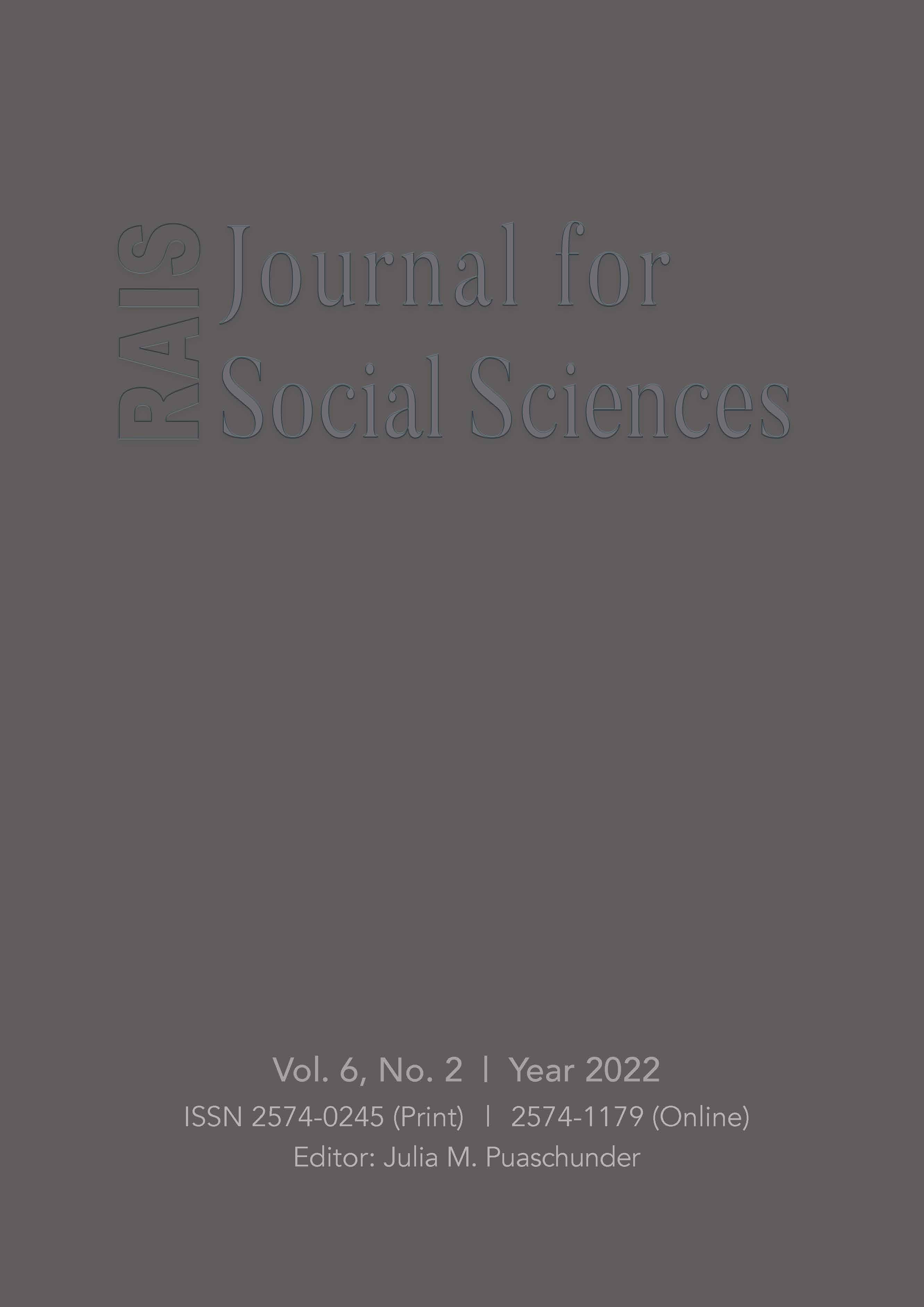Women’s Emancipation in Romanian Society and the Recognition of Her Rights in Couple Relationships
Women’s Emancipation in Romanian Society and the Recognition of Her Rights in Couple Relationships
Author(s): Angela VLAD (CHIRVĂSUȚĂ)Subject(s): Gender Studies, Human Rights and Humanitarian Law, Studies in violence and power
Published by: Scientia Moralitas Research Institute
Keywords: gender-based violence; discrimination; domestic violence;
Summary/Abstract: International documents contain explicit provisions for public recognition of the phenomenon of violence against women in the family and society. They also contain provisions for the implementation of national policies to respect gender equality and combat domestic violence. A fairly long period has passed since the emancipation of women, the recognition of rights of all Romanian citizens, regardless of their gender, and the introduction of legal measures against domestic violence. However, the patriarchal mentality and gender violence continue to prevail in certain environments and communities, including educated couples with above average financial status, sometimes even public persons. The perspective of domestic violence has evolved alongside society, and the status of women has changed as the roles she has assumed have diversified and allowed her, through incremental legislative changes, to move from the role of mother and wife, to the role of an equal partner. Thus, the woman became a partner with equal rights over family decisions, a co-participant in the budget of a family, and an expert in education, health, arts and communication. Recently, women are becoming appreciated managers with equal access to leadership and decision-making positions in any field of expertise. Equal opportunities and respect for women’s rights must be further supported because society, at an international level, must not forget the echoes of misogynism revealed by the #MeToo movement in the United States. Additionally, we should not omit that the provisions of the Istanbul Convention relating to the concepts of violence and gender equality are currently controversial topics for many states. Our country has taken important steps in changing specific legislation and aligning it with the international norms but women continue to be disadvantaged by the socialization models conveyed transgenerationally. Consequently, in the family environment, it is perpetuated that women should adopt responsibilities related to household work and raising children, whereas in the society, jobs predominated by women are poorly paid compared to those specific to men.
Journal: RAIS Journal for Social Sciences
- Issue Year: 6/2022
- Issue No: 2
- Page Range: 30-36
- Page Count: 7
- Language: English

